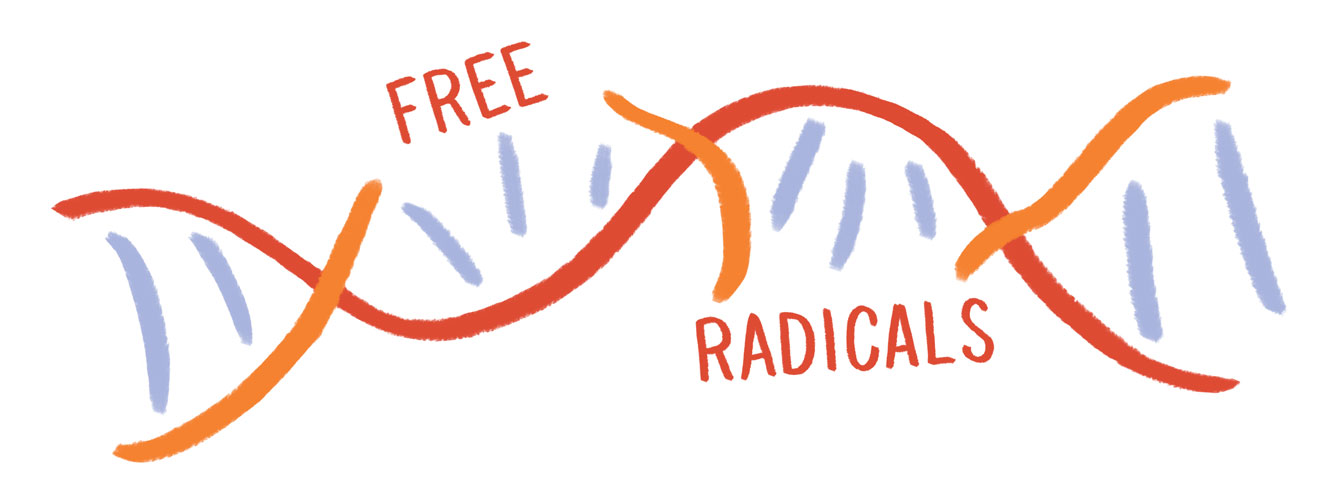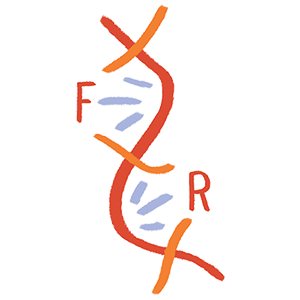
1. Science is political.
Far from being an ‘objective truth’, science is a human process, bound by cultural and historical conditions, and producing far-reaching social and political consequences. We take an interdisciplinary approach to knowledge justice, drawing upon fields like science and technology studies, ethnic studies, gender studies, and disability studies to understand the complex ways that knowledge production interacts with systems of power and disproportionately impacts different communities.
2. Pluralist science is a better science.
All scientific inquiry reflects the lived experiences and perspectives of the scientist. Born out of the interests and viewpoints of European cisgender straight wealthy white men, Western science continues to dominate scientific thought to the exclusion of all other knowledge systems. We challenge the supremacy of Western science and advocate for a pluralist science that represents the diverse knowledge systems and perspectives of our communities. Our vision of a pluralist science begins with these vibrant histories and viewpoints, putting them in conversation with one another toward more rigorous understandings of the world around us.
3. Western science must make reparations for historical harm, divest from systems of oppression, and prioritize community driven social change.
Scientists and knowledge workers have a responsibility to learn the imperialist and violent histories of Western science to prevent its repetition. Western science is complicit in systems of oppression through cooperation with institutions of state violence, such as the advancement of military weapons and the surveillance state, or through harmful research practices such as the Tuskegee Syphilis Experiments. Institutions and individuals who have historically caused harm must be held accountable, making reparations through transformative justice processes led by the communities that have been impacted by injustice. We believe that scientists should divest their labor, resources, and investments from systems of oppression and reinvest in community-led science.
4. Community-led science is science by, for, and with our communities.
We believe in community-led science that is accessible and acts first and foremost as a tool for addressing community problems. Individuals and communities are experts of their own experiences, healing, and liberation. We envision that first, communities draw from their local knowledge and ongoing scientific work to address community issues. Second, community members partner with scientists and are empowered to make decisions and participate throughout the knowledge building process. And third, community members direct scientists to work locally in conducting research towards solving community issues.
5. We seek to practice a science that nurtures relationships.
Our communities are complex webs of connection between the land, all living and nonliving beings, and ourselves. Drawing upon indigenous knowledge and disability studies, we recognize that our relationships are reciprocal, honoring that our communities are so much greater than the sum of their parts. By contrast, Western science has historically been driven by profit, relying on a culture of isolationism, extraction, and competition. The resulting exploitation of natural resources has led to an increasingly inhospitable climate that threatens all life on Earth. In this time of climate crisis, we seek to practice a science that nurtures the reciprocal relationships between living and non-living things toward a celebration of interdependence.
6. Liberation is necessary for a just science.
We recognize that the work of creating a liberatory science and practicing knowledge justice is intersectional – inextricably bound up with the work of addressing broader systems of inequality and marginalization. Although science and technology can and do produce advancements, under our current systems of inequality, the benefits of such knowledge work disproportionately go to those who are already privileged. When efforts are focused on undoing systems of oppression and centering those most affected by injustice, then all benefit.

